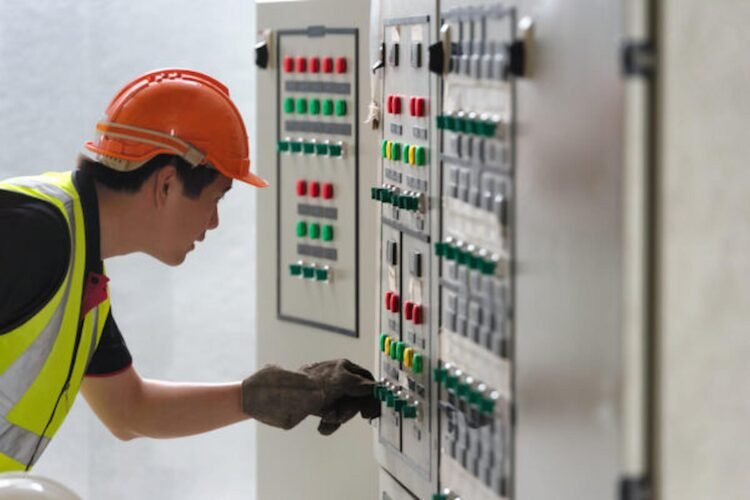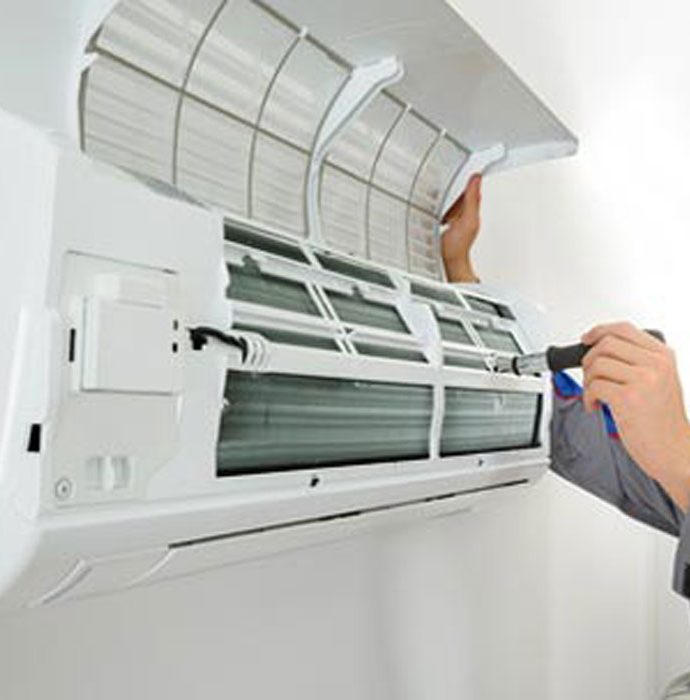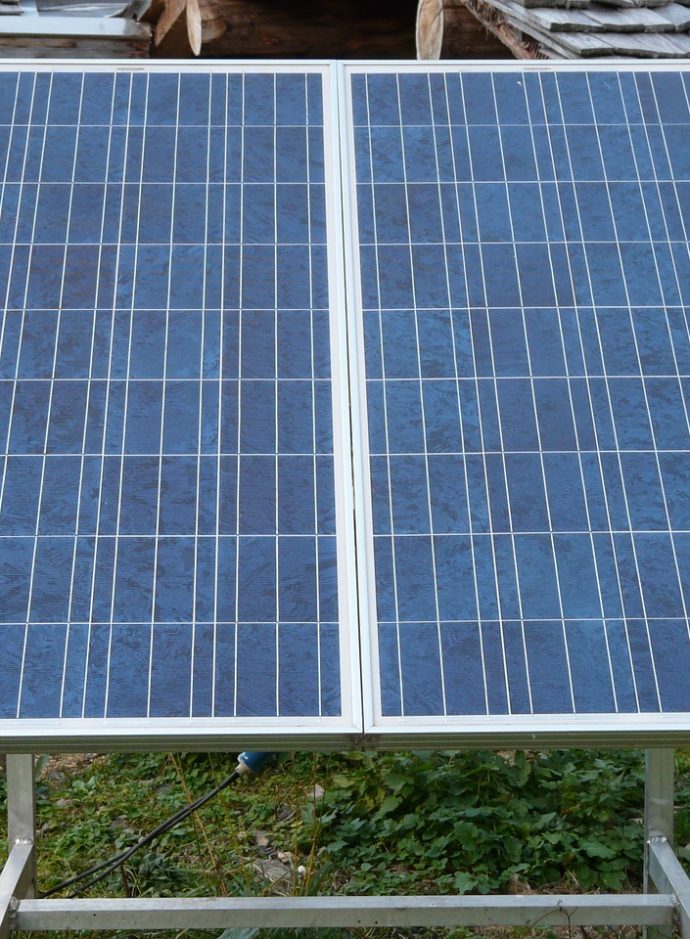Power systems are the backbone of any industrial setup. In order to ensure safety and efficiency, this equipment requires proper maintenance and operation. Power Systems can be divided into three categories: electrical power, mechanical power and hydraulic power. The use of these three types of power systems is quite common in the manufacturing, mining and construction industries.
However, due to their inherent complexities, they need to be handled with care when it comes to safety rules and operating procedures. Here we discuss some safety rules and operating procedures that need to be observed while handling such systems.
In a power system, if there is any problem with the supply or transmission of electricity, a troubleshooting system needs to be in place so that if something goes wrong then measures can be taken immediately. For example, a fuse will blow if there is a short circuit in the system that causes too much load on it. This problem can be fixed by replacing the fuse with a new one after identifying the cause of the short circuit.
The safety rules and operating procedures of power systems are the very first things that you should learn in the field of electricity because they are simple but very important.
The study of power systems, electricity and electronics is fun because it is not just about learning theory, but also application. The applications of the power systems can be seen in many places in our daily lives, such as our homes, offices and industries. The power systems have applications in industry and agriculture as well.
Maintaining a high level of electrical safety is necessary for all people who deal with electrical devices or equipment, whether they are at home or in an industrial environment or even in an outdoor setting.
Power systems contain devices that can cause injury or death if operated improperly or carelessly. Be alert at all times when working on or near a power system. Never work alone when energized, even if the system is not in service.
The following rules must be followed to help prevent serious injury or death due to electrical shock, fire, explosion, falling objects, or other hazards:
Never touch a live wire or energized parts; they may still have enough current to cause injury or death. Use proper means for disconnecting power from circuits, such as switches and circuit breakers.
Do not operate any device without first reading its instructions thoroughly. Closely follow all warnings and cautions on devices and in their instructions.



